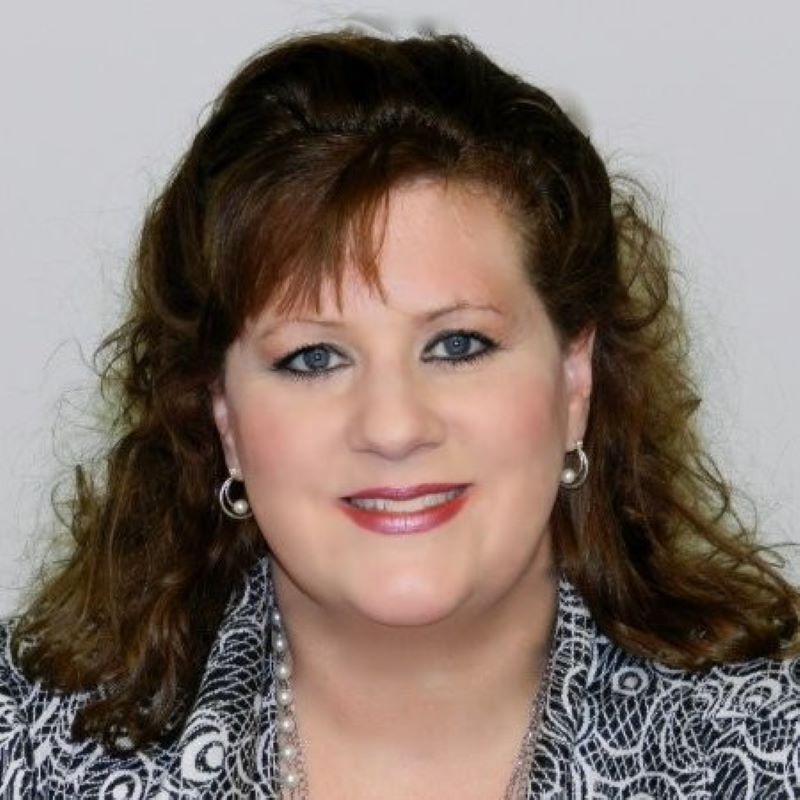
Imagine360's Eileen Clark on the transferrable skills between HR and legal profession

Even though being a litigator didn’t work out for Eileen Clark, she still found ways to make it a part of her life in the human resources industry. Clark attended law school with the hopes of fixing all the ‘wrongs’ and began her career as a litigator. However, she quickly realized it was not what she thought it would be.
“I left litigation because I was really frustrated with the process,” the now chief HR officer at Imagine360 says. “I got into law because I was very naive and young and thought ‘I’m going to go do these great things and right the terrible wrongs’.”

Litigation, Clark says, was much more about the process than getting the right answer.
“I deliberately made a shift in my career path to say if I could get ahead of the problem and maybe stop the issues before they got to litigation, I think I'd feel better about what I was doing. I could actually have a positive impact particularly for an organization. I think all of that combined has been a really good fit for me.” Clark then brought her talents to the HR field.
Clark’s background as a litigator influences her HR strategies. It gives her insight into how there’s always more than one version to a set of facts, or at least how they're perceived.
"I think that helps a lot in influencing and negotiating,” Clark says. “It really helped a lot in dealing with difficult employee situations. It's not that there's one right person and one wrong person, it helps you get to a mediated middle of the road."
Her legal expertise also keeps her attuned to the rapid changes in state laws, ensuring compliance and informed decision-making in the HR sphere and communicating those changes to her employees.
“I think it's also important from a communication standpoint that you get people to start thinking in ways where they're thinking outside of their own tunnel vision and their own lens, and trying to see how either their actions are impacting other people around them, and how that has a ripple effect throughout the organization,” Clark said.
As businesses adapt to the evolving needs of their workforce, Clark has many proactive measures and strategies for the coming year. Her focus is on enhancing communication with their 1000-plus employees and empowering managers in an environment that is increasingly moving towards remote work.
Recognizing that shift, she underlines the importance of adapting communication strategies. This involves not only ensuring that feedback is effectively received but also thoroughly understood.
“We have a lot of roundtables and the longer I've been in this business, the more I realize that people just hear things differently and communicate differently,” Clark said. “And you have to come at it from as many angles as possible.”
One innovative approach, she says, is using enhanced total reward statements to “make sure people really understand the value of their employment here.” This is particularly relevant for the company that was formed from a combination of several companies, including family-owned businesses. The development of new managers is another focal point for Clark. After all, many of these managers are either subject matter experts or long-standing employees who have taken on leadership roles as the company grows.

“As a former practicing litigator, I know that communications and conversations between management and employees is kind of the make or break as to whether a bad situation gets worse,” says Clark. “The goal of [those conversations] is to get managers to realize red flags and emphasize that good communication between them and their employee is the best first offense for going down a bad path.”
As the company navigates the complex legal landscape across the country, Clark says compliance roundtable discussions have been initiated to help managers recognize potential legal issues and emphasize the importance of effective communication.
It can be a challenge to maintain informal and personal interactions in a digital landscape. Clark suggests creating trivia games or polls to help foster connection among colleagues. “It’s just a more personal, normal conversation that you would have in an office setting.”
When it comes to their mission of healthcare, Clark says the number one thing is to have educated healthcare consumers. “HR teams need to be able to articulate the true value of what they're offering.” She adds it’s also important for employees to understand their total rewards package.
Clark highlights the significance of data analysis in tailoring benefits to meet employee needs, mentioning the company's focus on gender-specific healthcare needs and ensuring access to quality healthcare services.
“Healthcare isn't just about the cost of healthcare, it's also accessing good healthcare,” she says.
The rise of telemedicine has been a game-changer for Imagine, Clark says. With a significant remote workforce, the company has embraced telemedicine for various needs, including mental health services. This has expanded access for employees, making it easier to schedule appointments.
And, with over 1000 clients and more than $1 billion in savings, Imagine360 is changing the status quo.
“I'm really blessed with [the] data and analytics,” Clark said. “Obviously, we are a mission driven company that is geared towards changing healthcare for the better.”